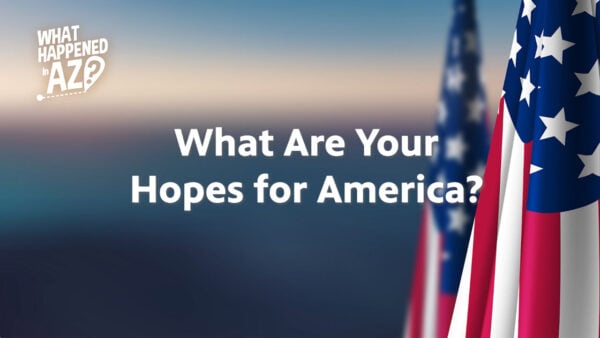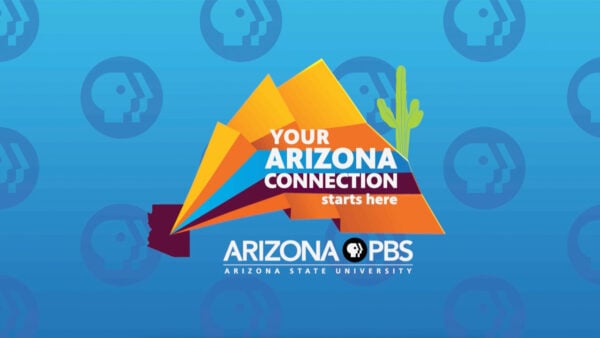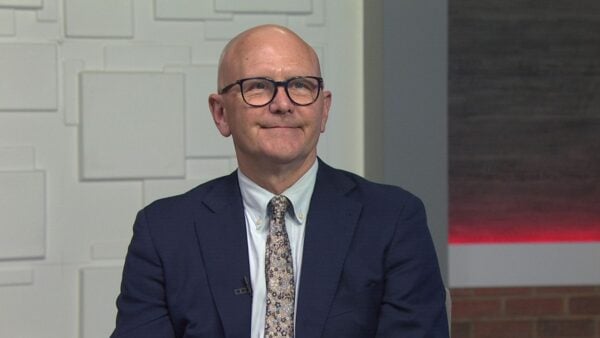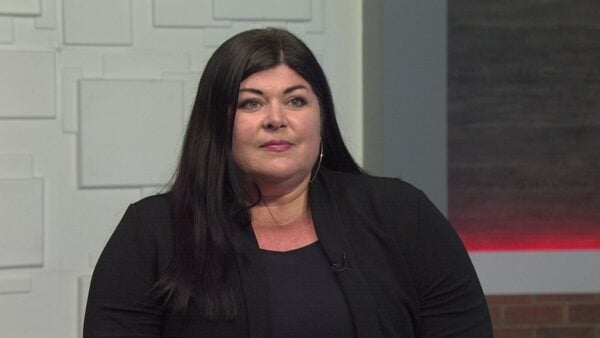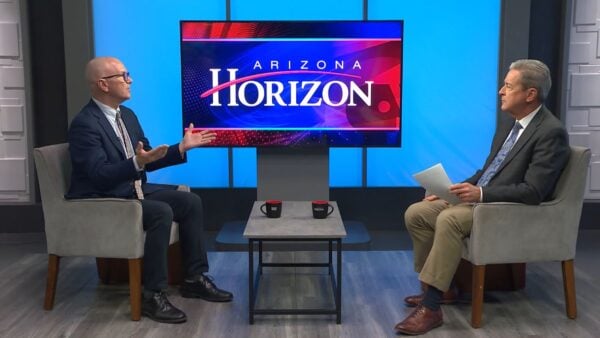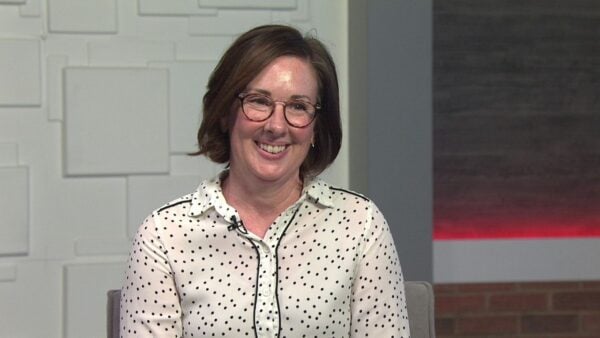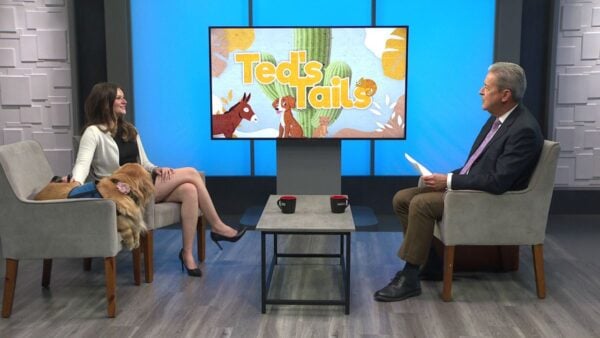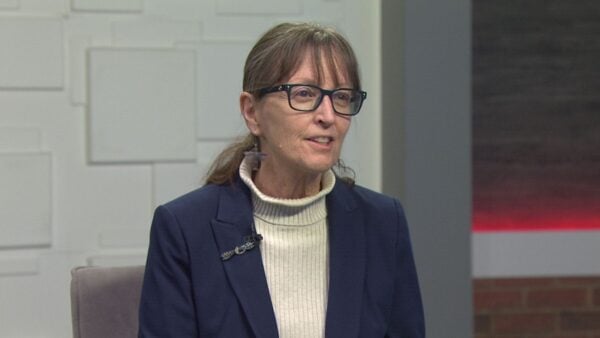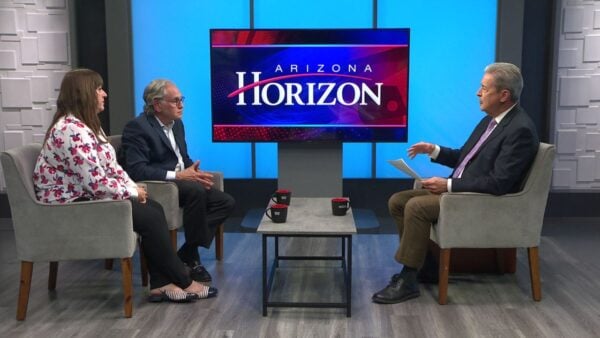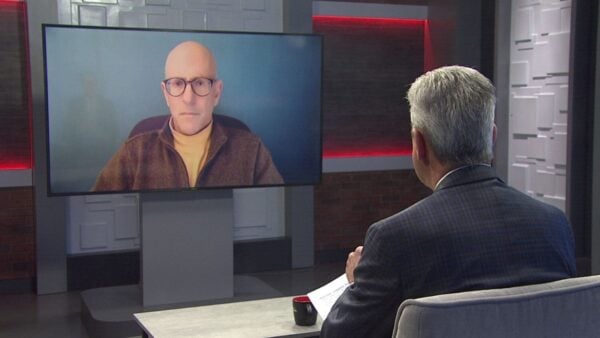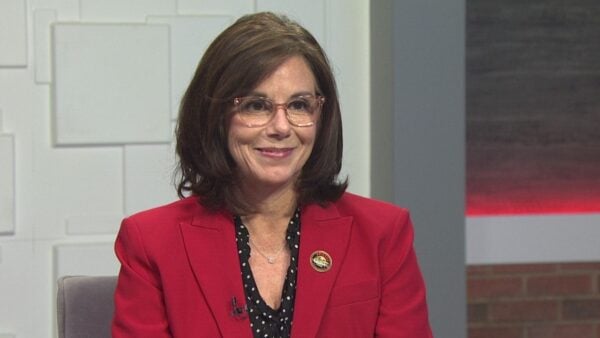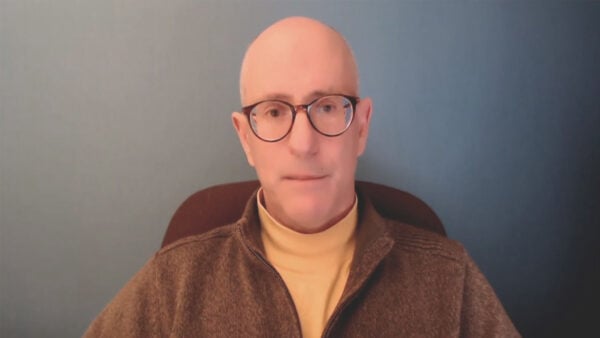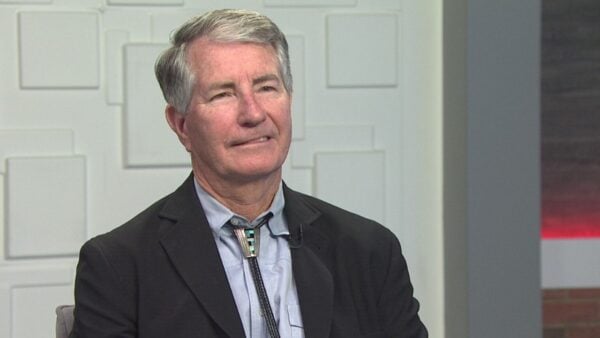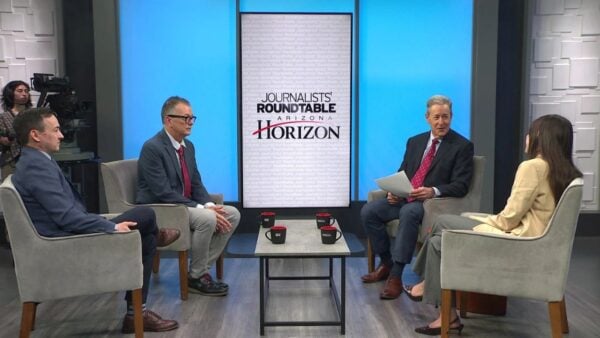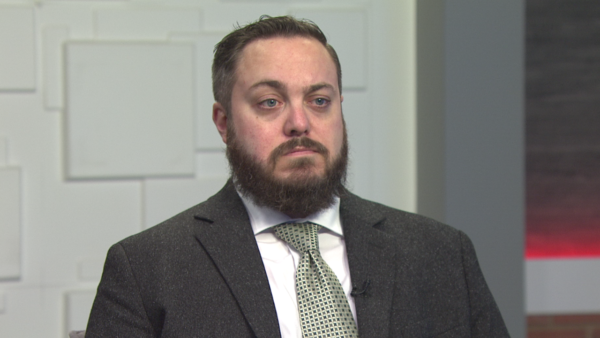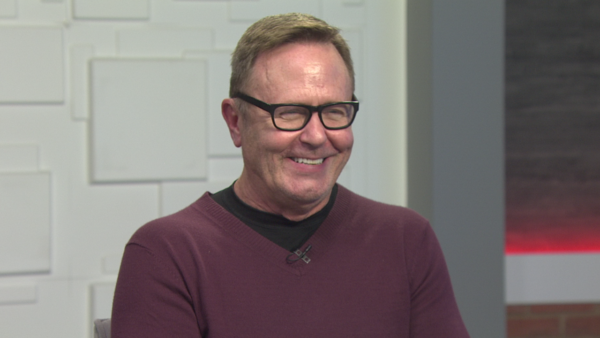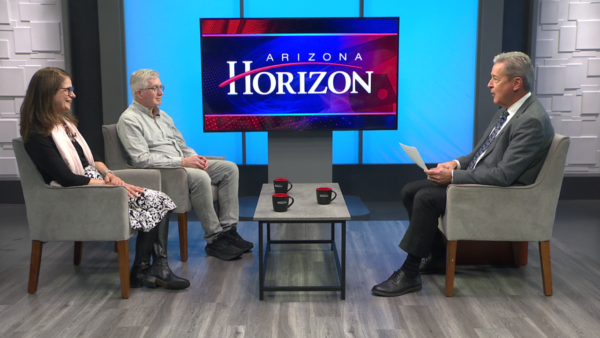ASU-sponsored workshop uses poetry to support Veterans
July 21, 2025
Verses for Vets is an online workshop encouraging Veterans to read and discuss poems about service and engage in expressive writing.
A study in the Journal of Military, Veteran and Family Health speaks to both the qualitative and quantitative benefits of reading poetic texts about service. Sponsored by ASU’s Office for Veteran and Military Academic Engagement, Verses for Vets is one of many academic offerings to help increase understanding and knowledge about service members, veterans and families. It provides a safe space where Veterans can connect with others and share their innermost thoughts.
Rosemarie Dombrowski, PhD, Poet Laureate at the City of Phoenix, joined “Arizona Horizon” to discuss the online workshop.
“I call it a poetic medicine program, which essentially means that there’s a trauma informed facilitator that is guiding Veterans through the reading, discussion and writing of their own poetry,” Dombrowski said. “What’s unique about this program is that we always read poems by Veterans, and those poems can span from the Civil War to Afghanistan. And the goal is obviously to get them to read those poems, see some connections in those poems to their own service, their own emotions.”
Dombrowski said poetry is a vessel for the Veterans in the workshop to move through their trauma in a safe, group setting.
“You’re kind of looking at things through a new lens, maybe a metaphorical lens, maybe an imagistic lens. Hopefully some new emotions are coming to the fore, hopefully there’s some discovery happening so they’re not just reenacting trauma but essentially moving through it within a community,” Dombrowski said.
Dombrowski also explained how poetry has great levels of effectiveness when it comes to healing trauma.
“We’re essentially telling them here’s a container in which you have full agency to tell the version of your story that is the story you need to tell now,” Dombrowski said. “How can we overwrite that trauma perhaps; how can we sort of put good memories on top of bad memories? How can we commingle those two things in a new way?”
